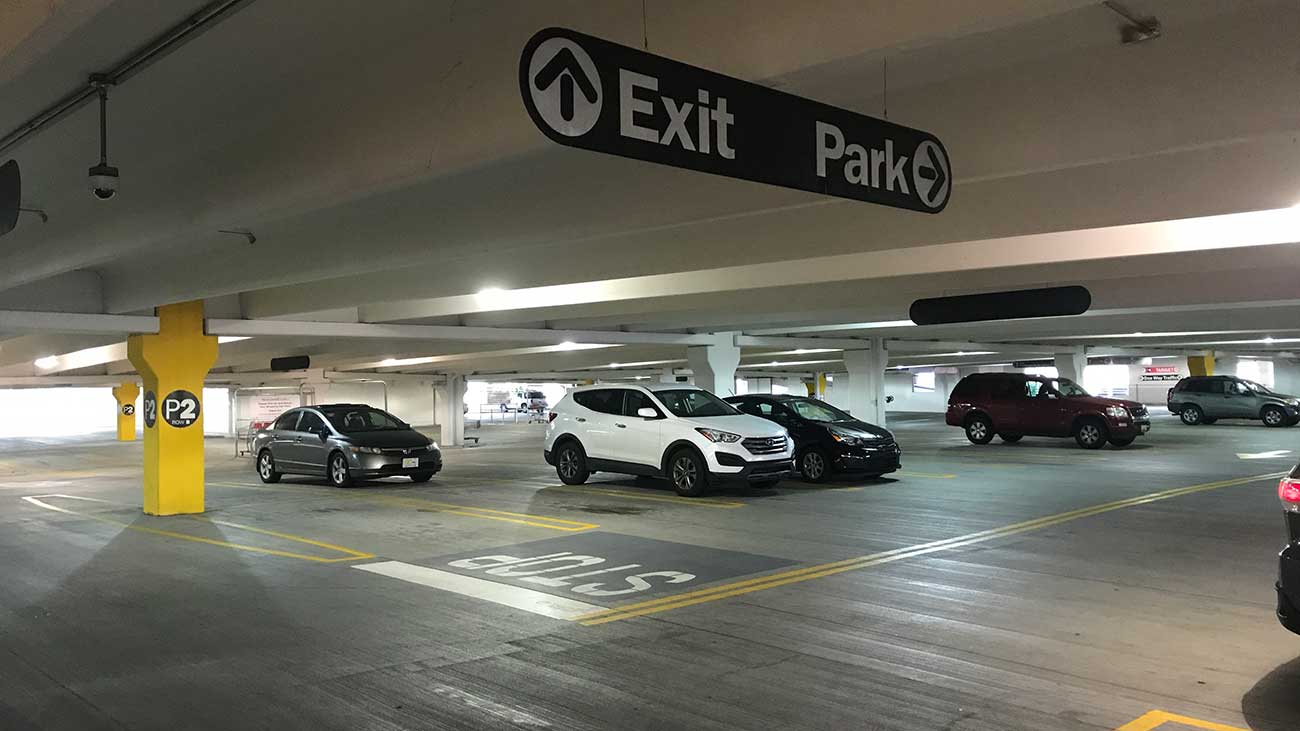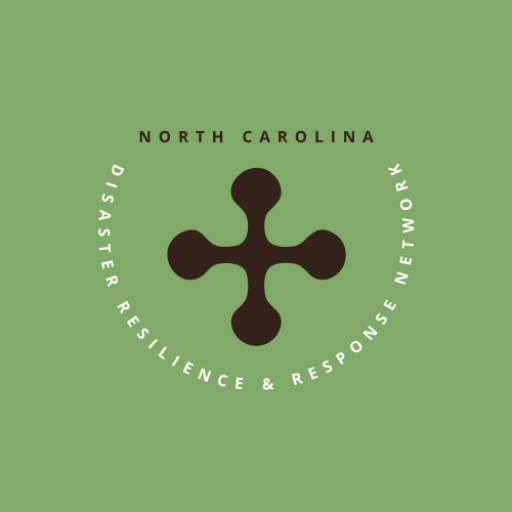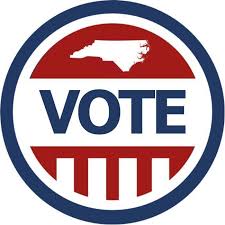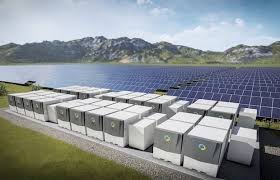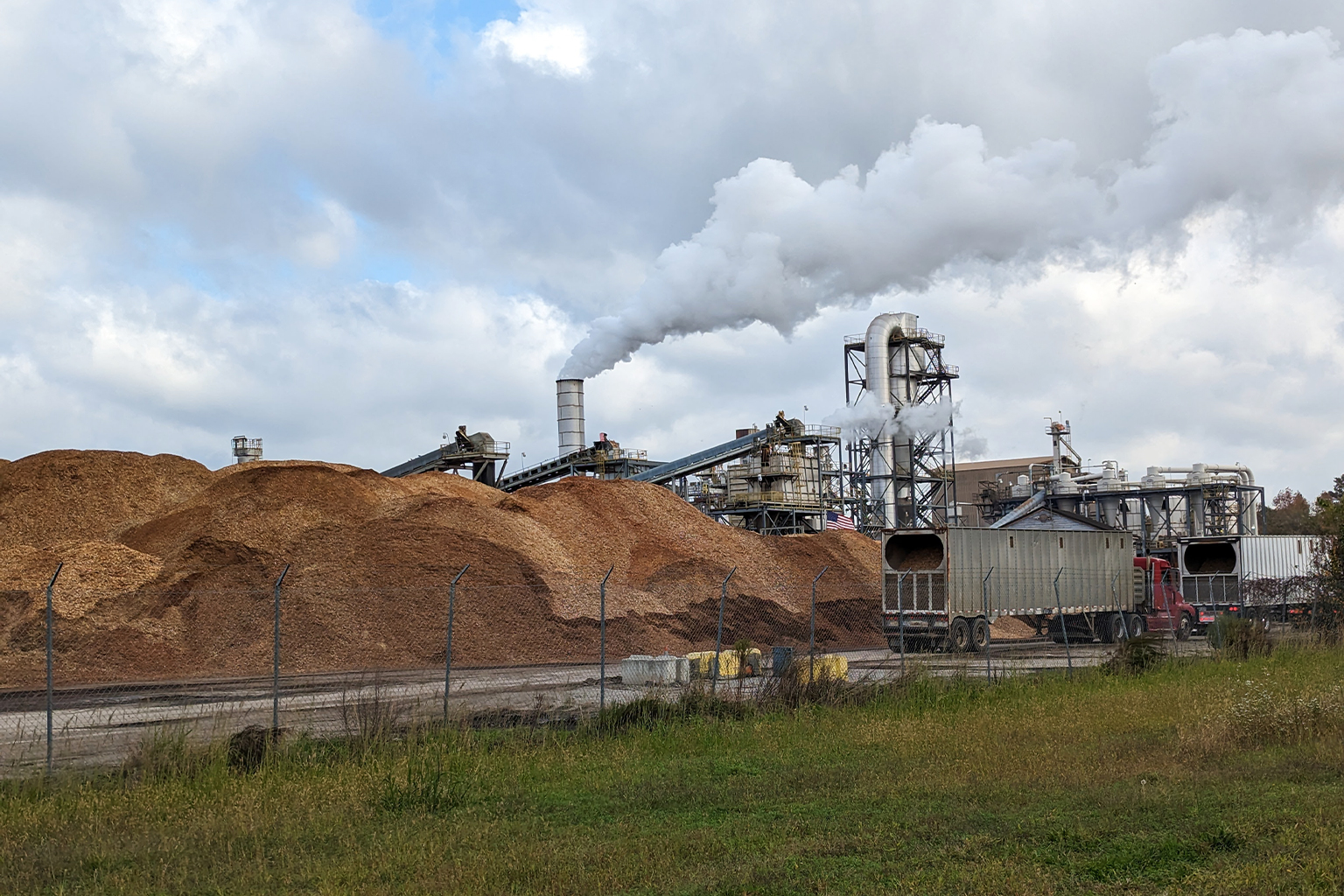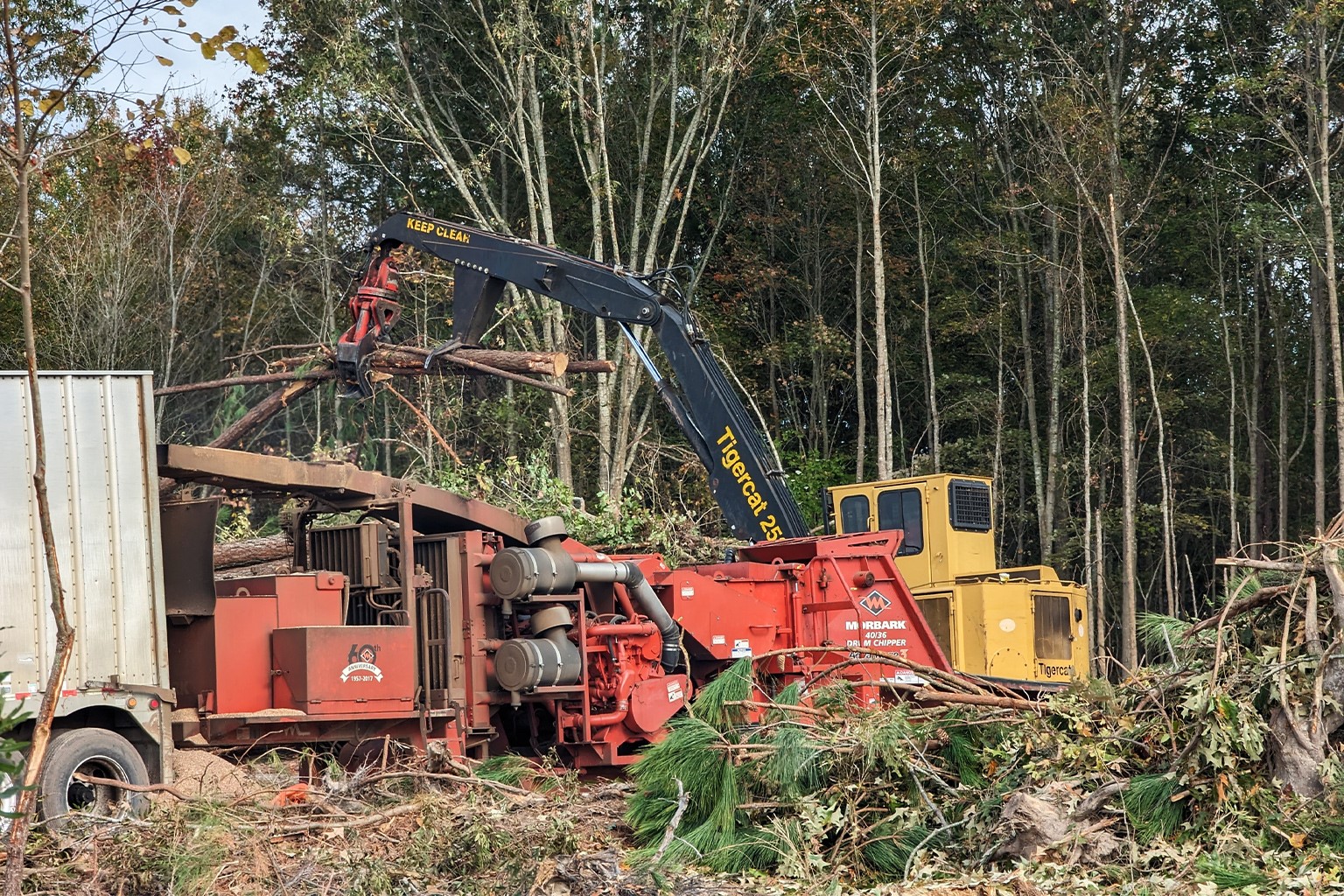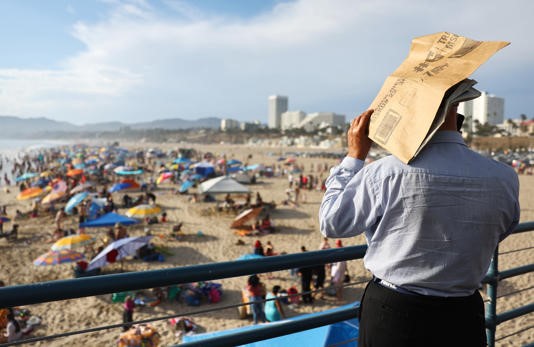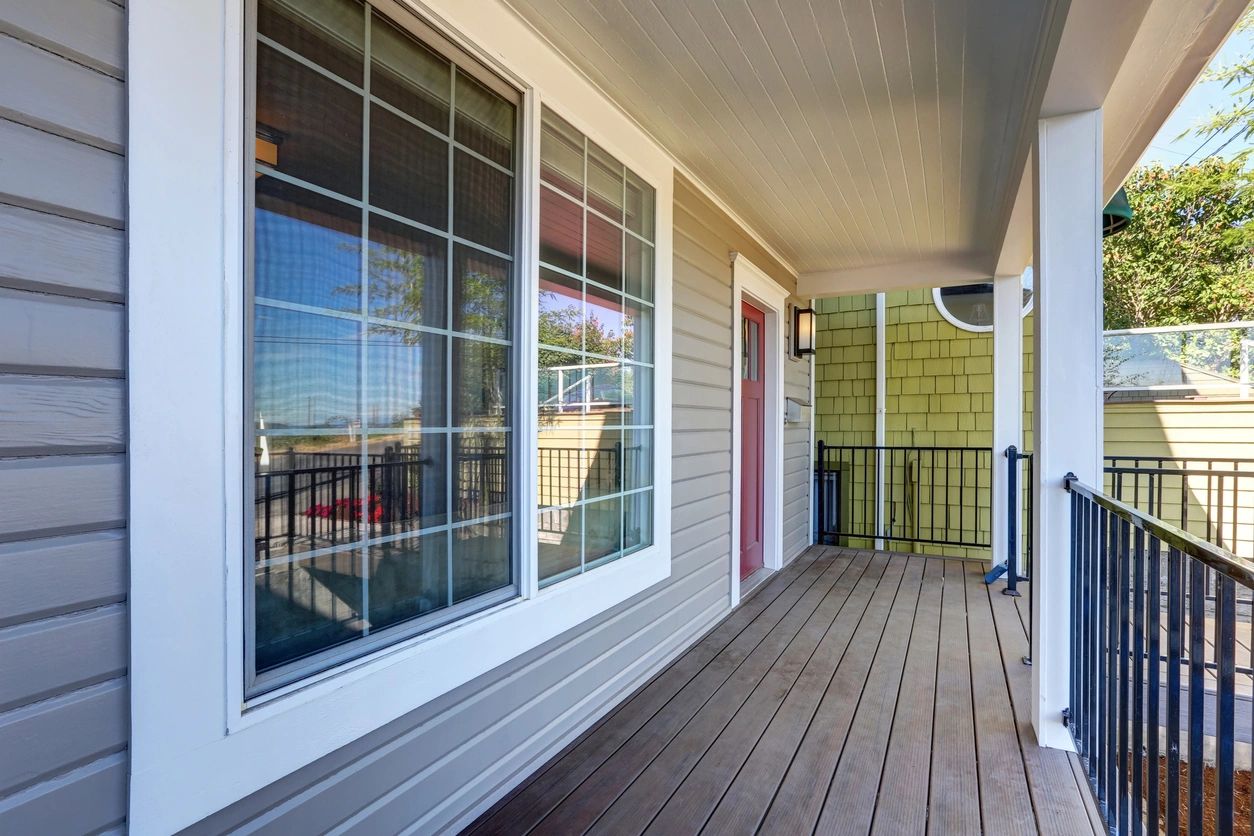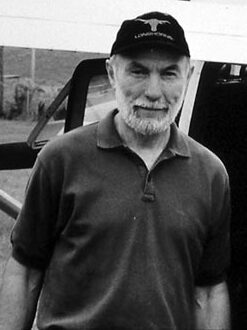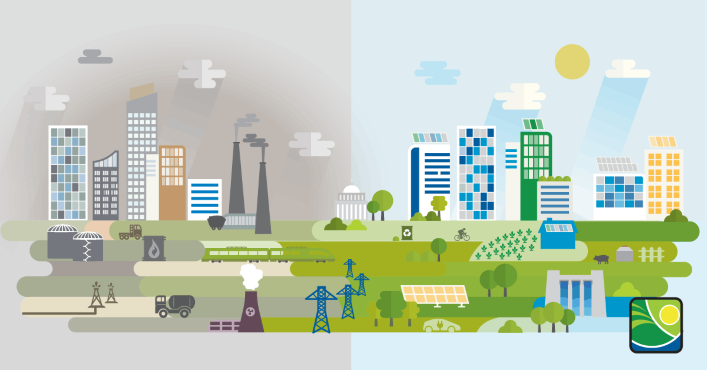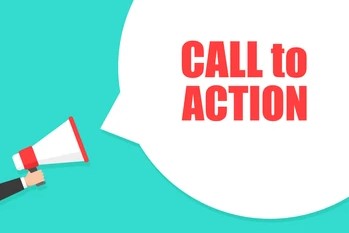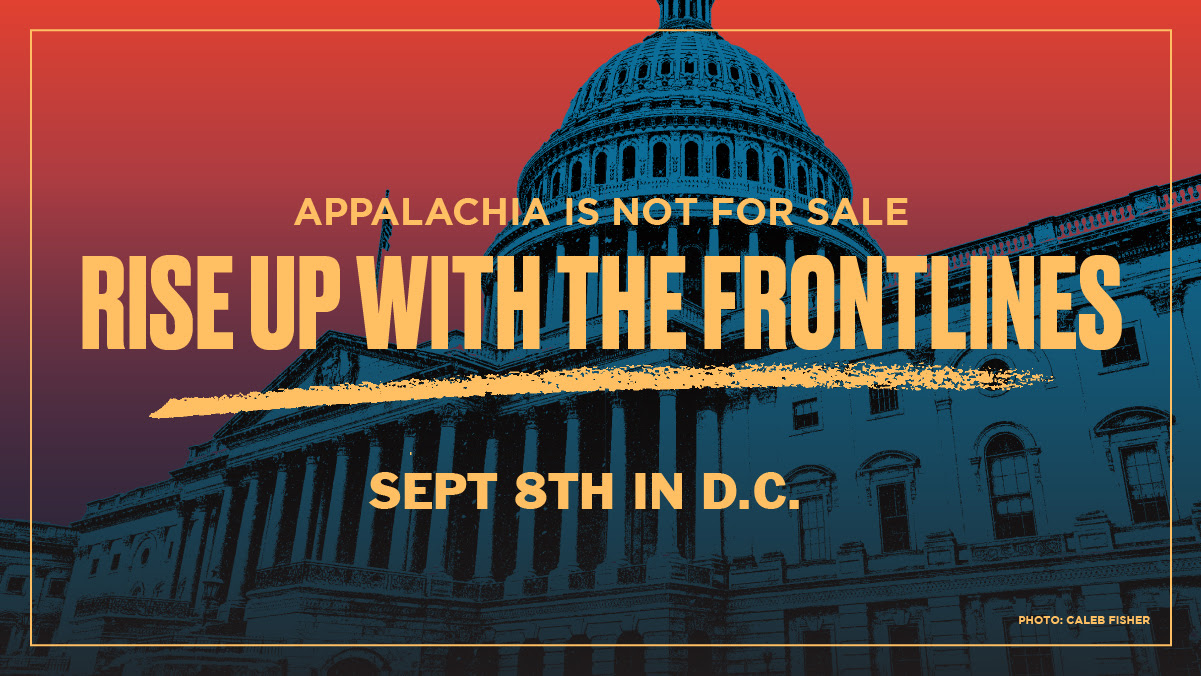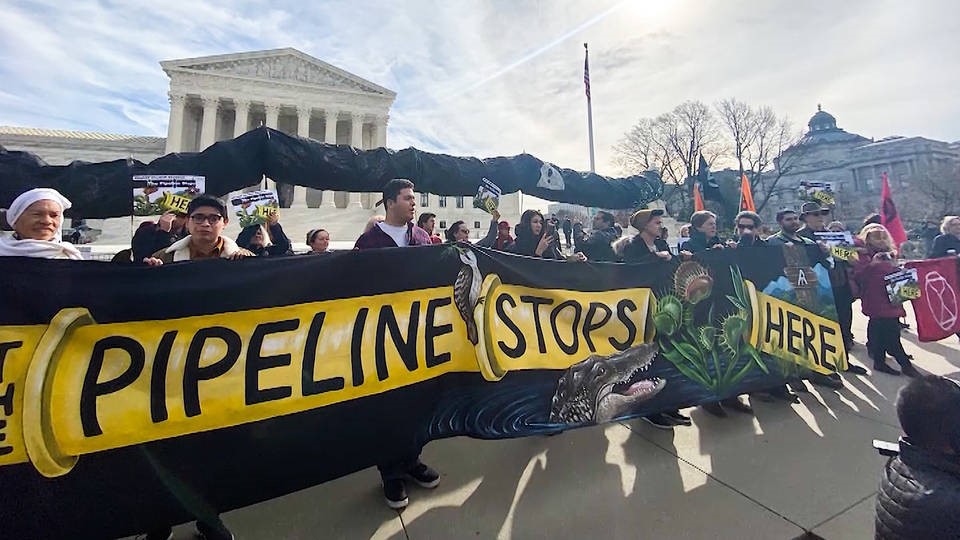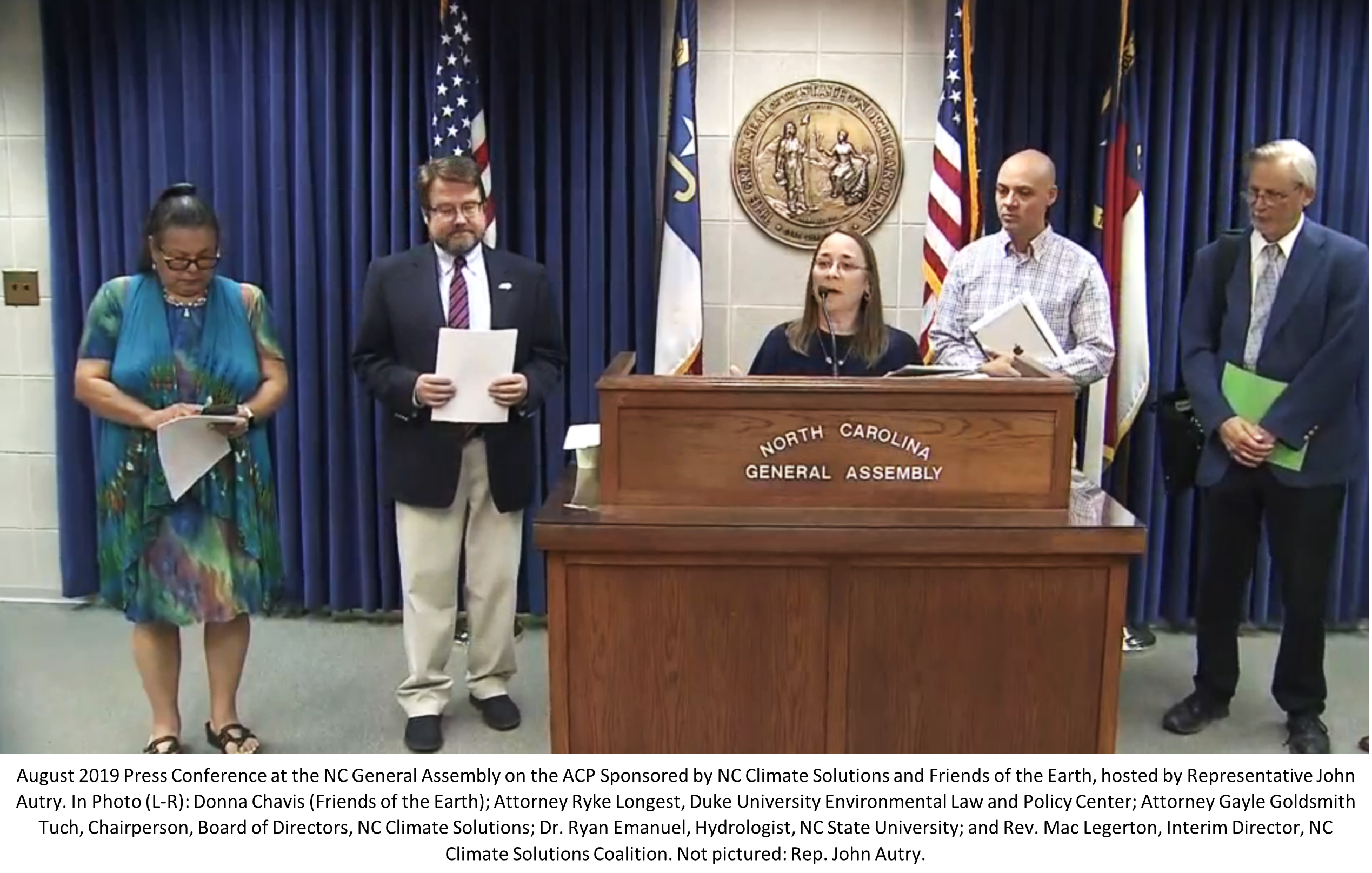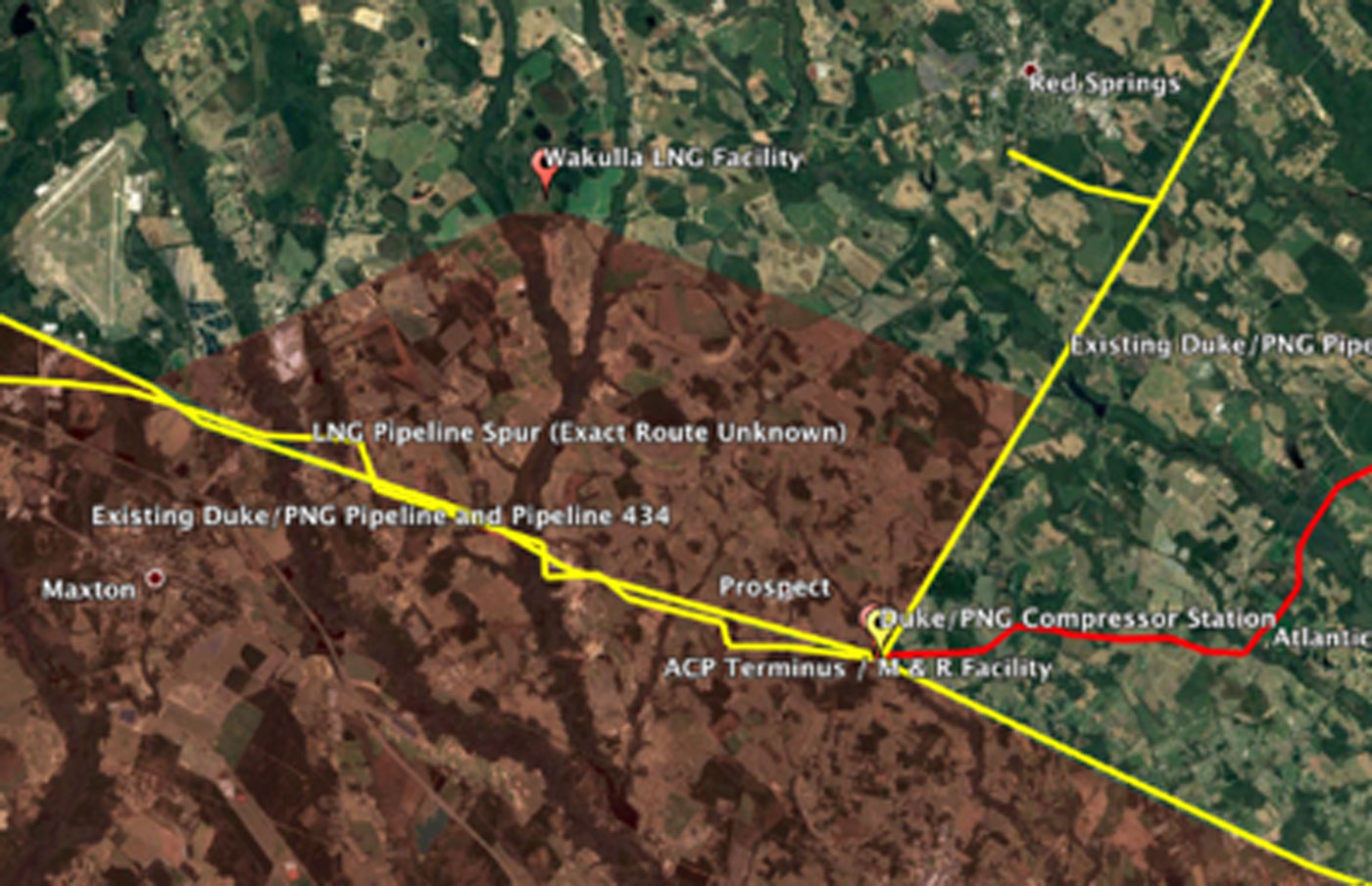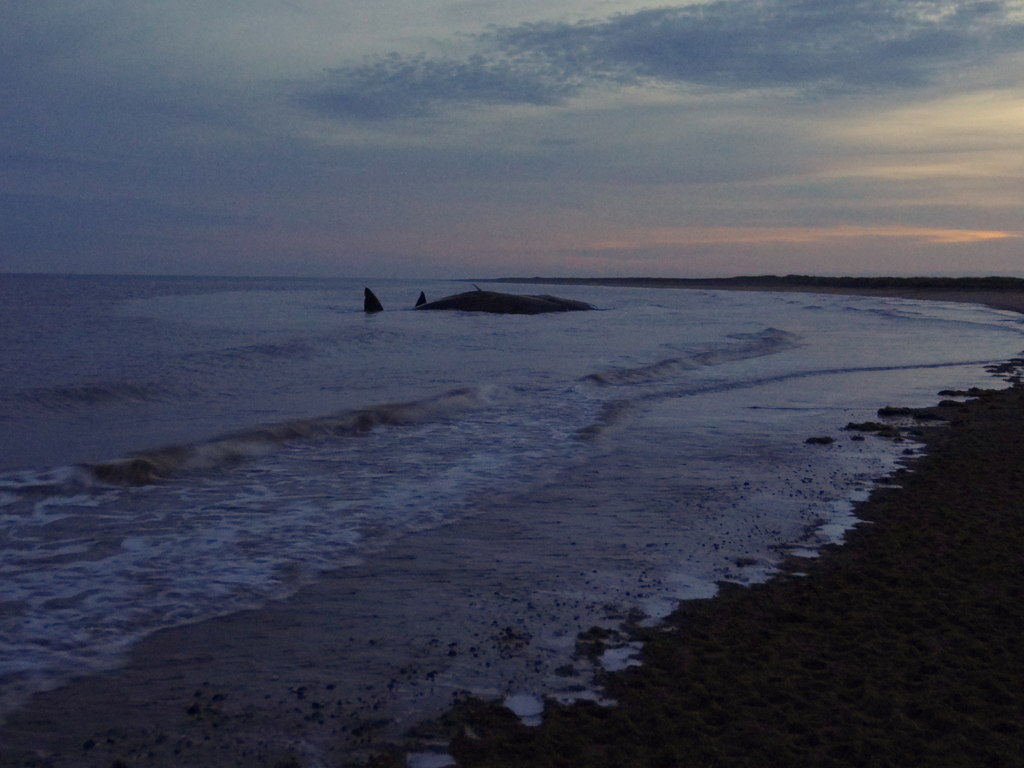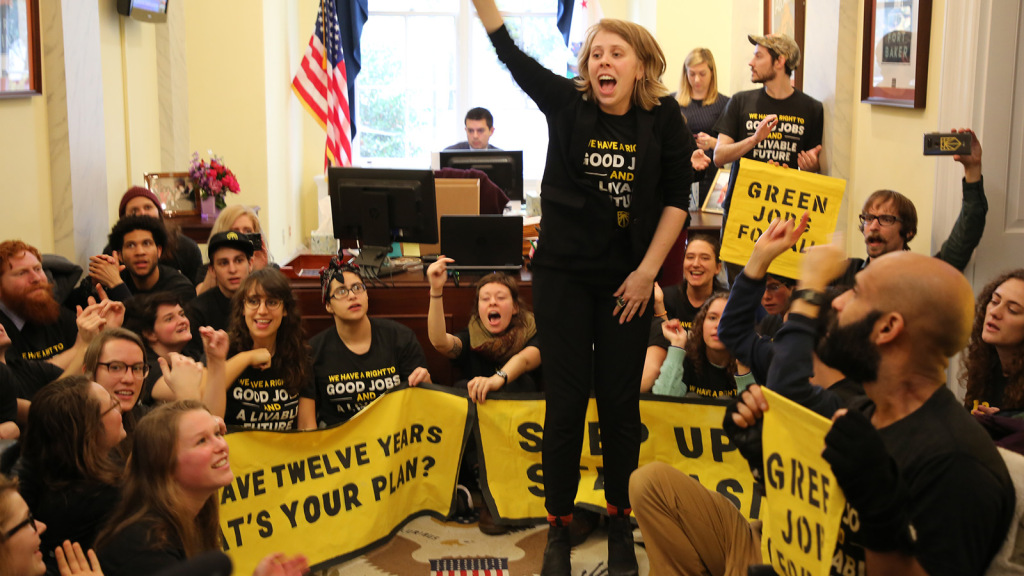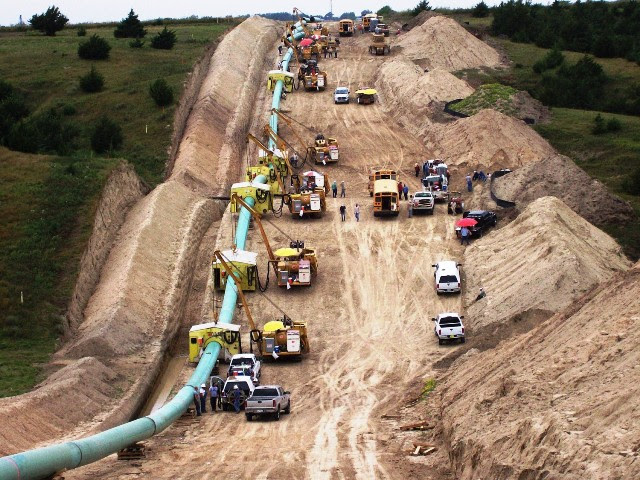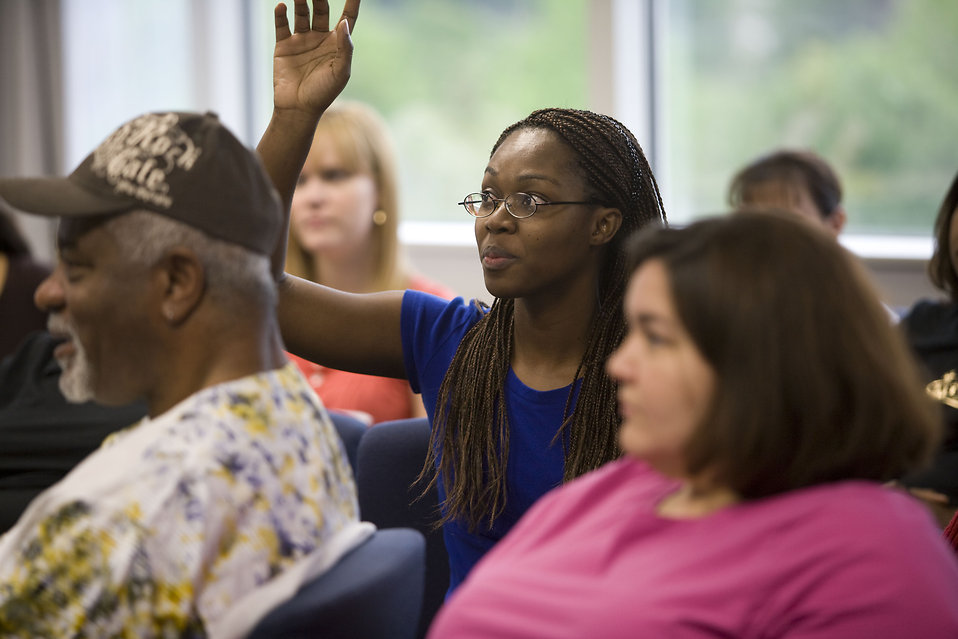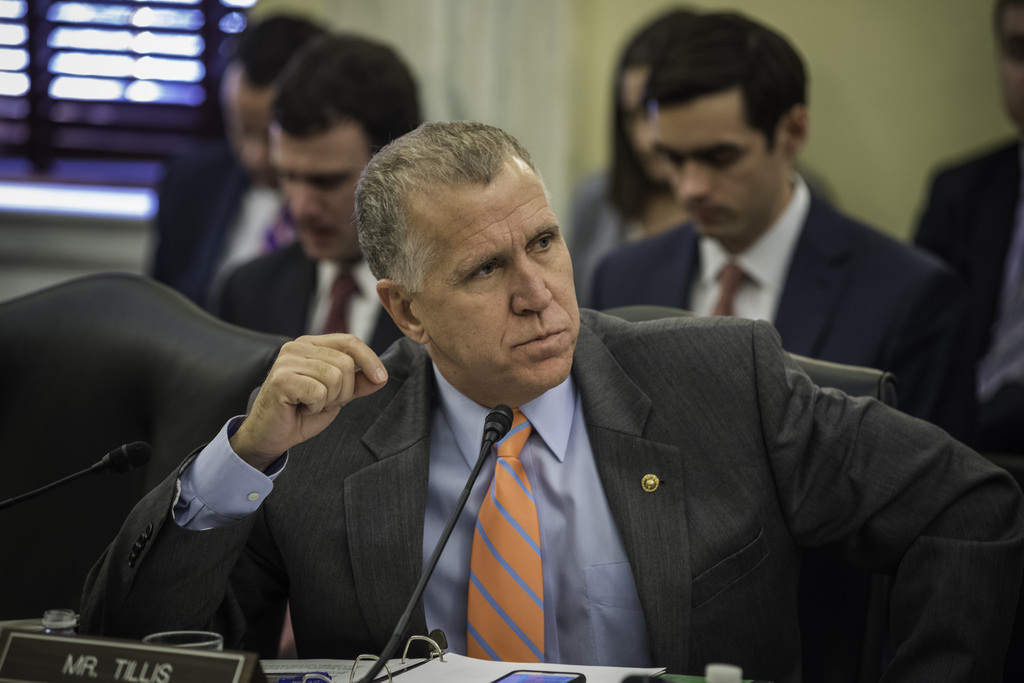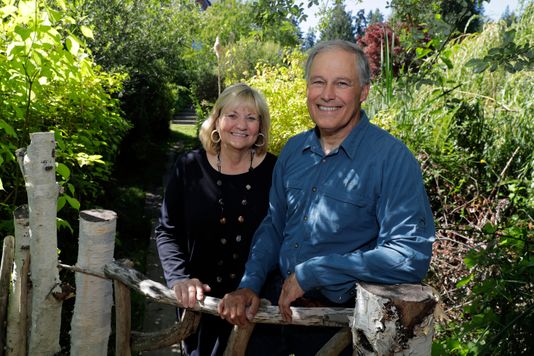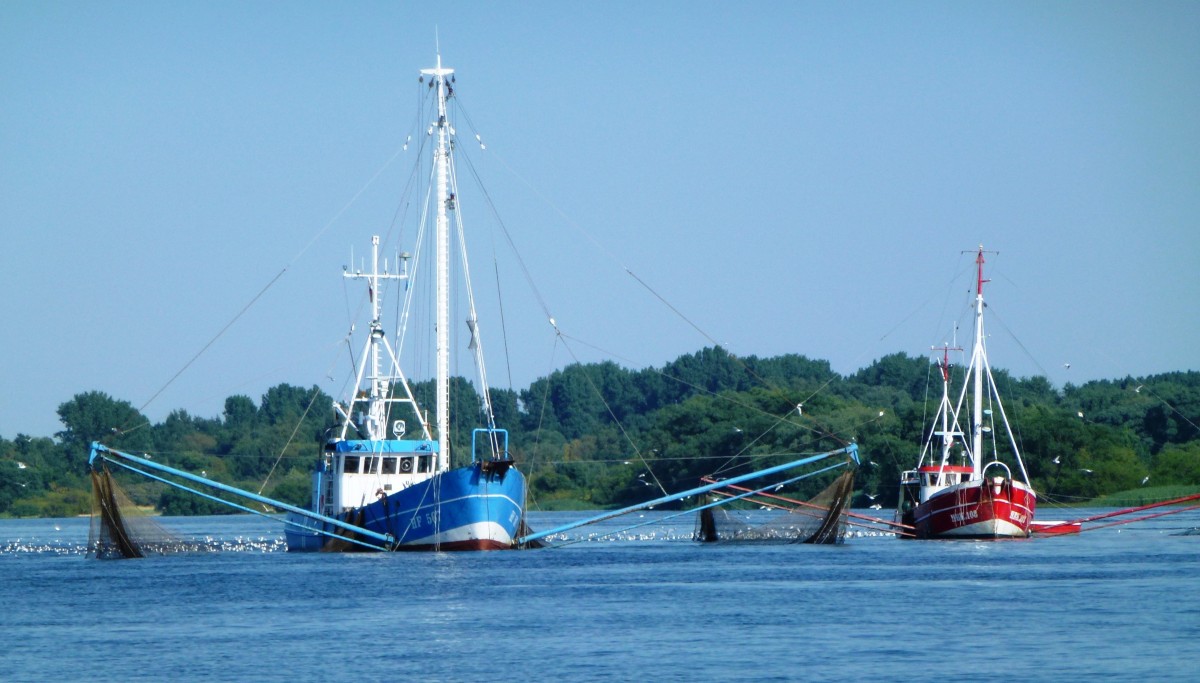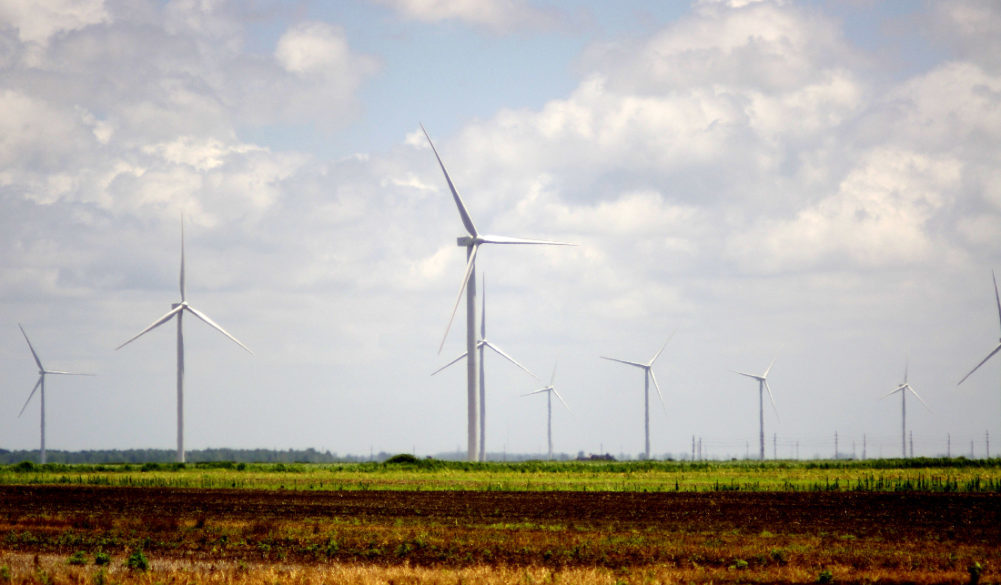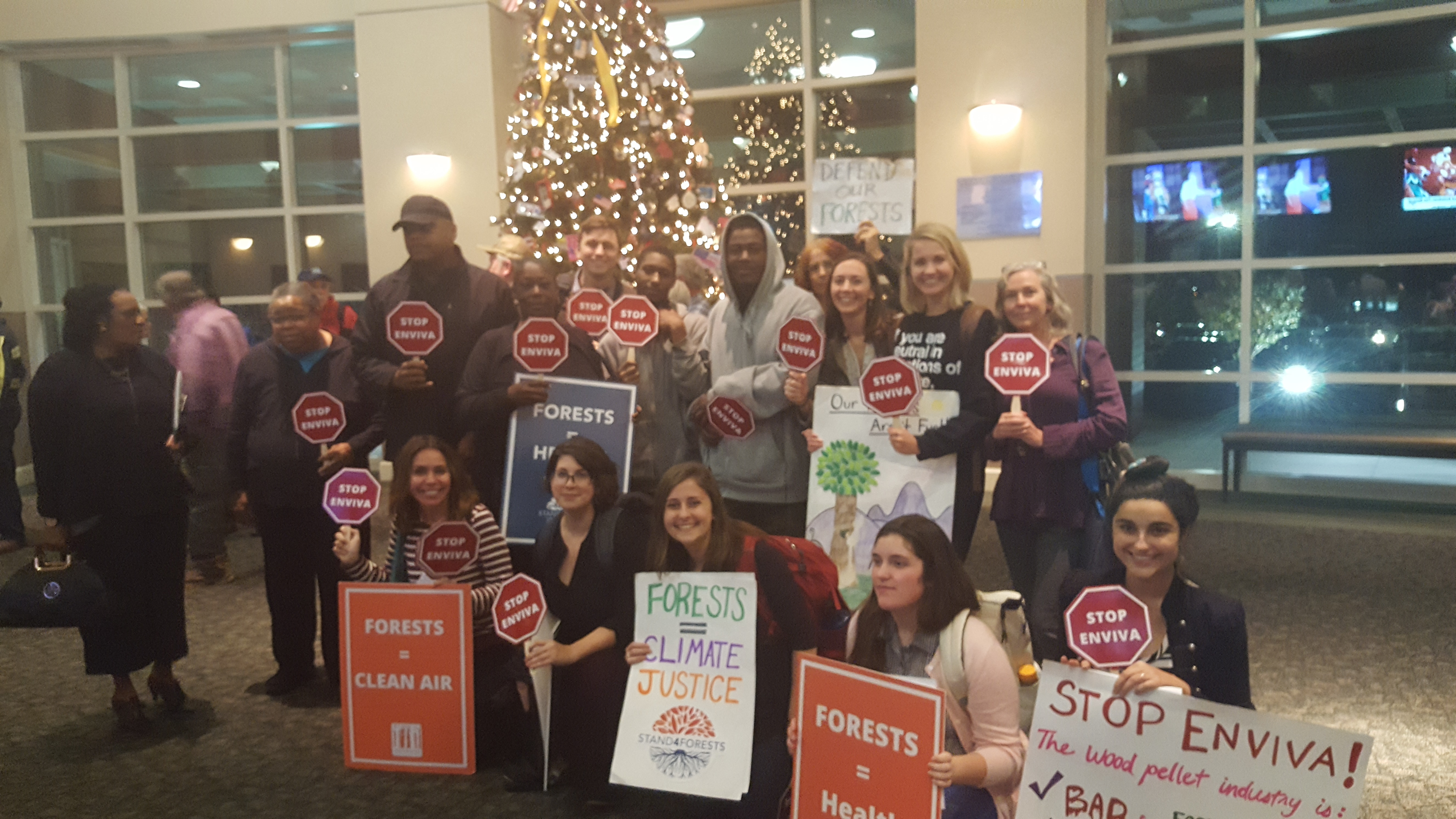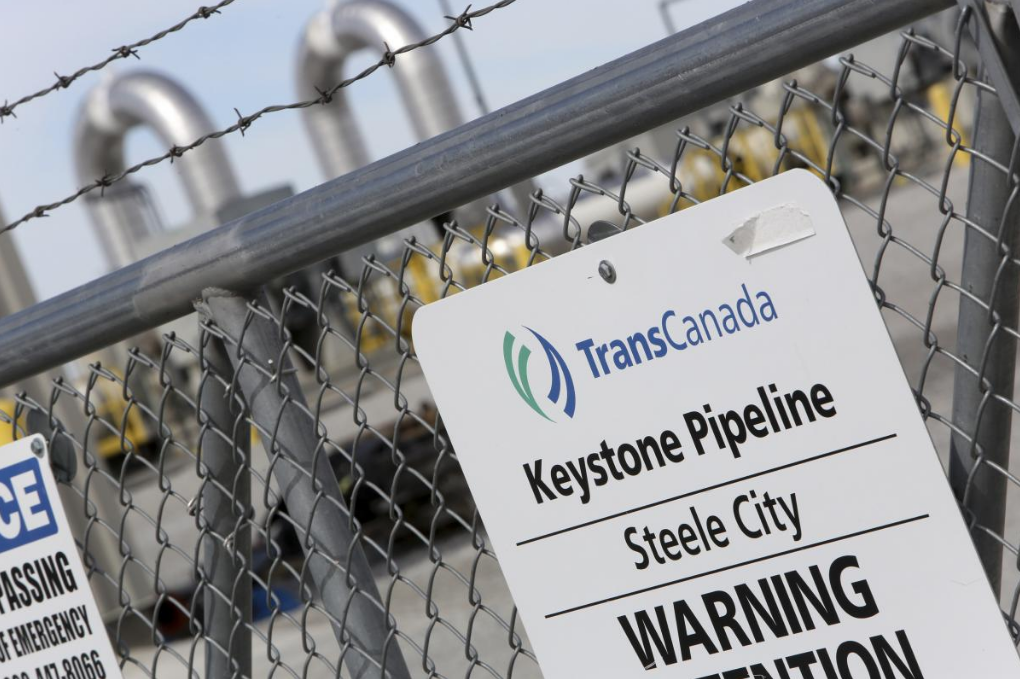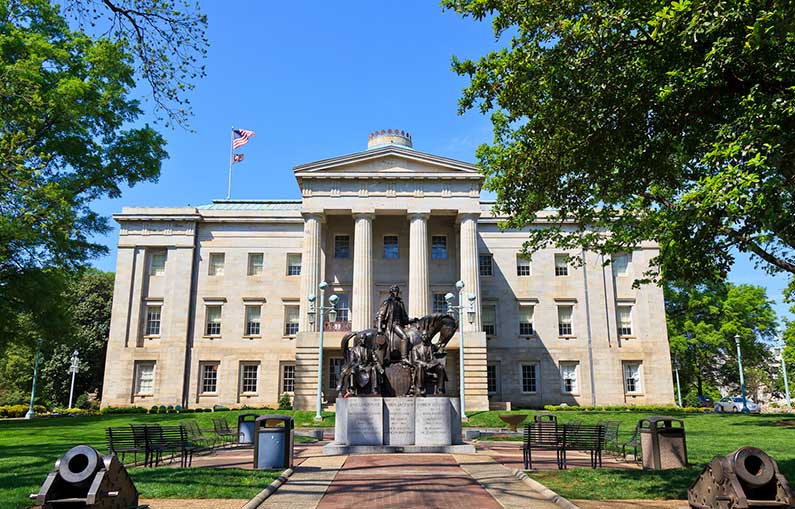One of our local weeklies in Charlotte—Queen City Nerve–ran an amusing story recently on the 10 worst parking lots in our city. Some, the article complained, had horribly designed parking decks, others had dangerous turn lanes or ramps, and still others were always full or over-priced.
It was an amusing description of poor urban design, much of which has been the result of more cars in our city, increasing congestion, and increasing density of development, with no ability to widen existing roads. It seems like there are times when city planners do not account for the actual size of vehicles and instead just “eyeball” the dimensions for turning areas in lots. Although I am sure that planners are not quite that irresponsible, it is true that there are many snarled-up parking lots in Charlotte. However, there is an underlying positive side to this story that may make up for the inconvenience, especially for those who know about clean air and our increasing need to address our changing climate.
When parking and driving become difficult, people living in a vibrant city do not just decide to stay home. Rather, they seek alternative means of transportation that are better for the climate, better for air quality, and better for our future. I happen to live near two of the awful parking lots mentioned in this article, and my husband and I have found that we can actually walk or bike to many of the restaurants and shops in Plaza Midwood or on 7th Street just as easily as driving and circling for a place to park. In fact, many of our neighbors do the same now, and we see them out getting exercise, reducing their carbon footprint, meeting people, and enjoying the sights along the way.
“…yet one more reason to get that monthly bus pass, some good walking shoes, or a great road bike instead.”
If Charlotte wants to continue to grow, there will be more and more parking nightmares that develop unless we all realize that it is better for us to try other ways of getting places, whenever we can–public transit, scooters, bikes, shared rides, or walking. We need more clean air and climate advocates to tell developers and city leaders that we need sidewalks, we need well-lit and accessible bus and transit stops, and we need rules of the road that respect cyclists. We are also going to need to continue to expand our transit system, replace dirty diesel with all-electric vans and buses (as many cities around the world are doing), and build less parking and more density around bus and transit stops. We all need to advocate for more rooftop solar, and a faster transition to renewable energy (no coal or fracked gas) for Duke Energy and other utilities as well.
The reduction in parking has another positive side effect–it lowers the cost of housing, so that developers can build more quickly and less expensively, and pass on those savings in the form of lower rents for our middle class and hourly workers. We all know about the affordable housing crunch in our city, and with the right amount of public support, this parking requirement could change. The effect would not only lower carbon emissions in Charlotte but also help meet the demand for more transit-accessible, affordable housing for our working families.
So you can complain all you like about difficult parking, but in the end, we should be glad we are forced to reconsider getting into our gas-guzzling, climate-damaging vehicles (except for those who have gone all-electric, and we are grateful for you!). I know all the bike commuters agree with me that it is time to build our infrastructure for the future we need in order to sustain our planet. So thanks, Queen City Nerve, for pointing out yet one more reason to get that monthly bus pass, some good walking shoes, or a great road bike instead.
Jennifer Roberts is Director of Path to Positive Communities with ecoAmerica, Vice Chair of NC Climate Solutions Coalition and 58th Mayor of Charlotte, NC

